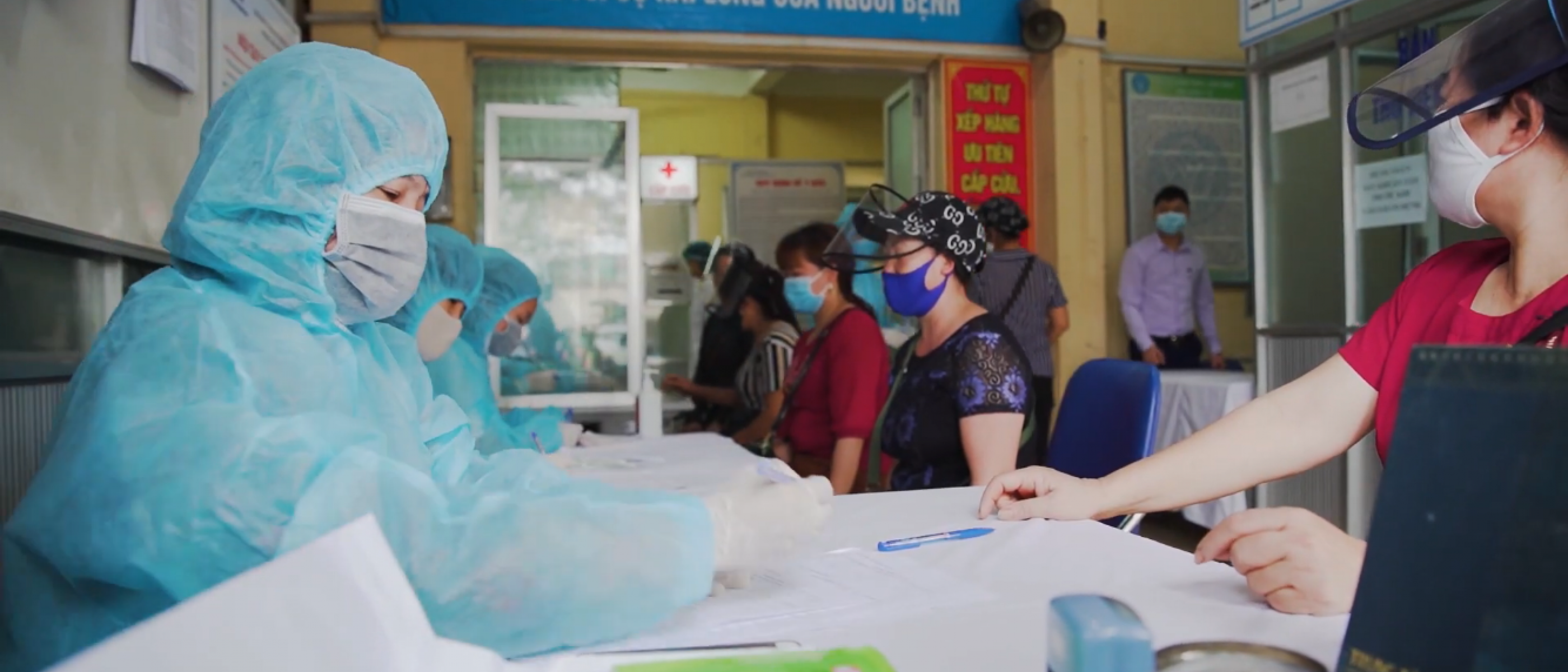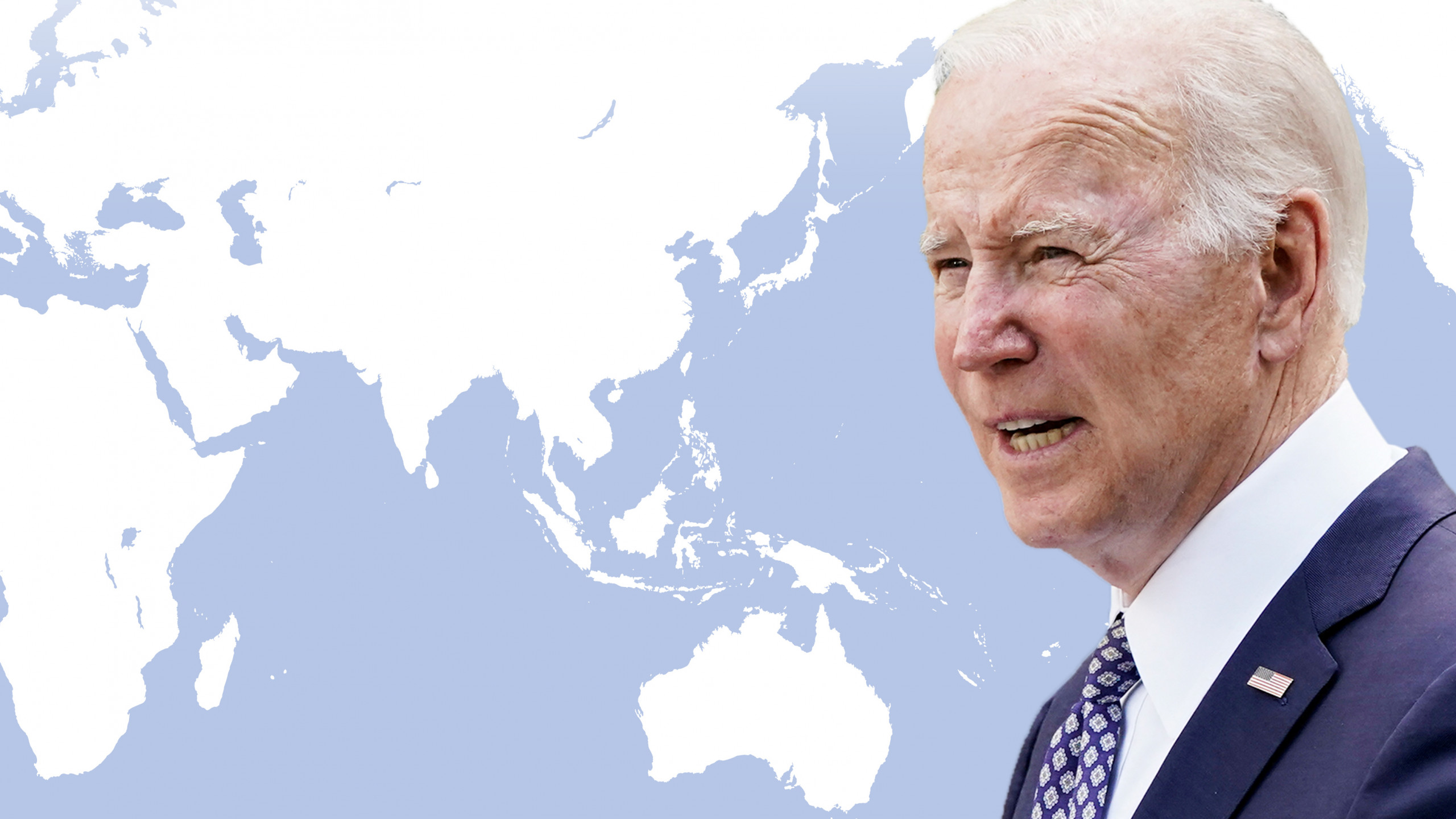Several Asian countries coped efficiently with the outbreak of the health crisis, containing and preventing infections. The timeliness of the measures adopted is now threatened by the shortage of vaccines
A new wave of infections from COVID-19 has swept through the Indo-Pacific region in recent weeks. On the other side of the hemisphere, vaccines are being used, but the virus is spreading to several Asian countries. These include various ASEAN states such as Singapore, Vietnam and Malaysia. The first two were considered to be among the world's strongholds in the fight against COVID-19 in 2020. Their national authorities had been so virtuous in containing the epidemic that international media referred to a real "Asian model" of health crisis prevention. In addition to the well-known cases in China, South Korea and Taiwan, this model also included several ASEAN countries. At that time, international observers had long wondered about the political and cultural reasons for this success. However, this time, the main cause of the new emergency is clear: the shortage of vaccines.
According to the research institute Our World Data,, less than 20% of the population has been vaccinated in eight of the ASEAN countries - except Singapore, which vaccinated half of its citizens, and Myanmar, whose data are partial and only up to 15th May. Compared to estimates of more advanced countries, the disadvantage is clear: 52.71% of the US population is vaccinated, 46.6% of that of the European Union and 43.21% of the Chinese population. Initial supplying of vaccines has been a challenge worldwide, but it was the wealthiest and most affected countries that were quickest to acquire vaccine patents. Those in Southeast Asia, with lower infection rates, did not take advantage of this comparative advantage or hesitated in the face of the Sino-US competition shifting from trade to vaccine diplomacy.
"To end the pandemic, both defensive and offensive strategies are needed. The offensive strategy is vaccines," suggested Jason Wang, a professor at Stanford University School of Medicine. According to Prof. Wang, when the threat perceived by the population decreased, governments only responded to that threat in a reactive way. Therefore, the most common strategy in the ASEAN area was to close national borders, a functional defensive measure also aimed at appeasing some xenophobic drifts that were gaining space in the public discourse on the health crisis. Furthermore, as Peter Collignon, physician and professor of microbiology at the Australian National University said, "the reality is that those who produce the vaccines keep them to themselves". In seeking politically acceptable answers to this reality, representatives of national governments in East Asia thought that there was basically no reason to hurry. While in Europe and the United States the vaccine rush was also a source of national pride, the South Korean Minister of Health, as an instance, declared at the end of 2020: "We are coping with Covid-19 relatively well so we don’t have to begin vaccination in a hurry when the risks have not been verified yet”.
Currently, Vietnam, which received praise from the international community for the efficiency of its prevention, is experiencing the worst wave since the pandemic began. Since the new wave started at the end of April, it has risen from very few daily cases to having almost 500 every 24 hours, with an exponential increase in total infections in just two months (from 3,000 to 13,000 cases approximately). Thailand, Cambodia and Malaysia are also grappling with new restrictions, especially Kuala Lumpur, which has planned an extension of the national lockdown until at least 28th June.
Some countries in the area hoped to boost tourism by gradually reopening their borders. In Cambodia, the Philippines and Thailand, the sector’s contribution to the national economy is close to 20-30%, so a rapid recovery in international travel could have made a major contribution to the region's economic recovery. In contrast, international passenger traffic in Southeast Asia has been stuck at around 3% of pre-pandemic levels for several months, according to Channel News Asia. The situation can only worsen, as successful vaccination campaigns in other parts of the world will allow the tourism sector to recover, leaving several Asian countries behind.
Thailand is determined to implement the measures necessary for the economy to recover. On Wednesday 16th June, government representatives said they were ready to reopen the borders within 120 days for travellers showing a valid vaccination certificate. Phuket is the destination chosen for the pilot programme to welcome tourists from low- and medium-risk countries, provided they do not leave the island for at least 14 days. This is the “Phuket Sandbox plan”, which was approved in late May by the Thai government's economic task force, and comes just days before the start of a mass vaccination campaign. The hope is that this will help those who live off tourism-related activities and have suffered severely from the absence of the 40 million tourists a year who visited the country before the pandemic.
Bangkok's efforts may prove insufficient if countries continue to react unevenly to the new wave of COVID-19. A coordinated economic recovery cannot do without vaccine-related health security. The backlash suffered by ASEAN countries, and more generally by a large part of East and South Asia, risks slowing down the region's post-Covid economic recovery and making in vain the extraordinary timeliness with which several Asian governments stemmed the contagions in 2020.






